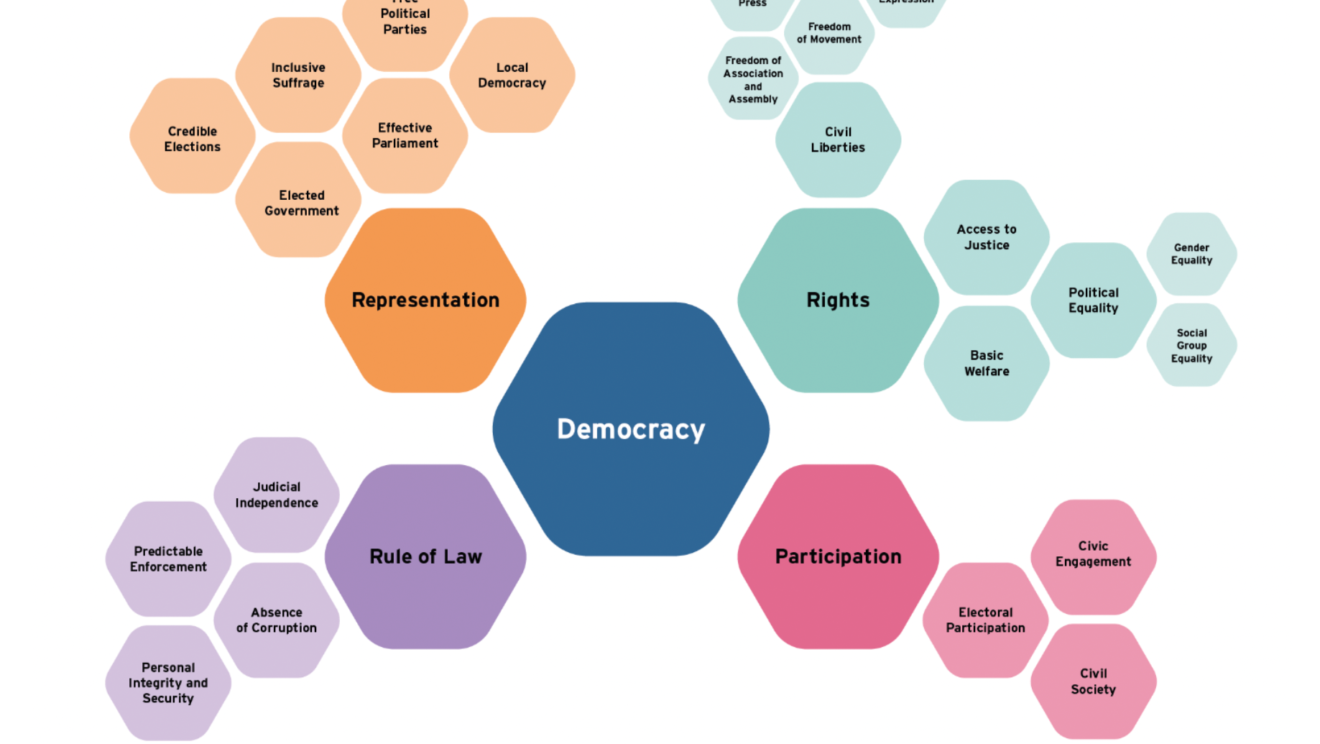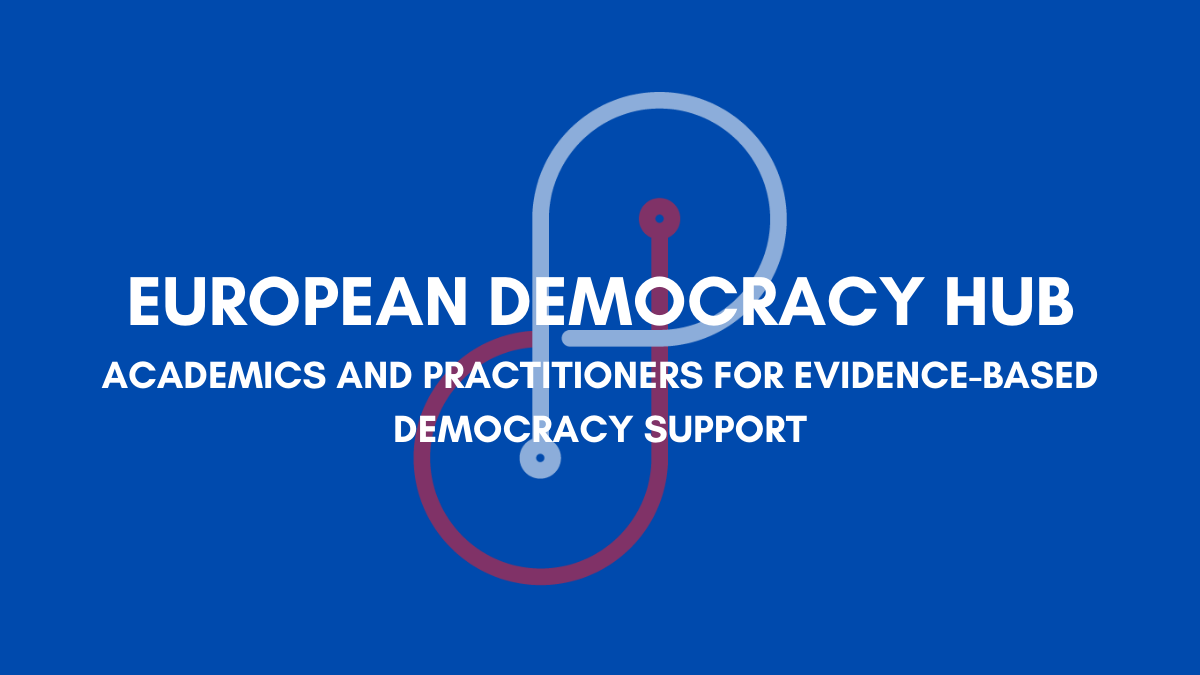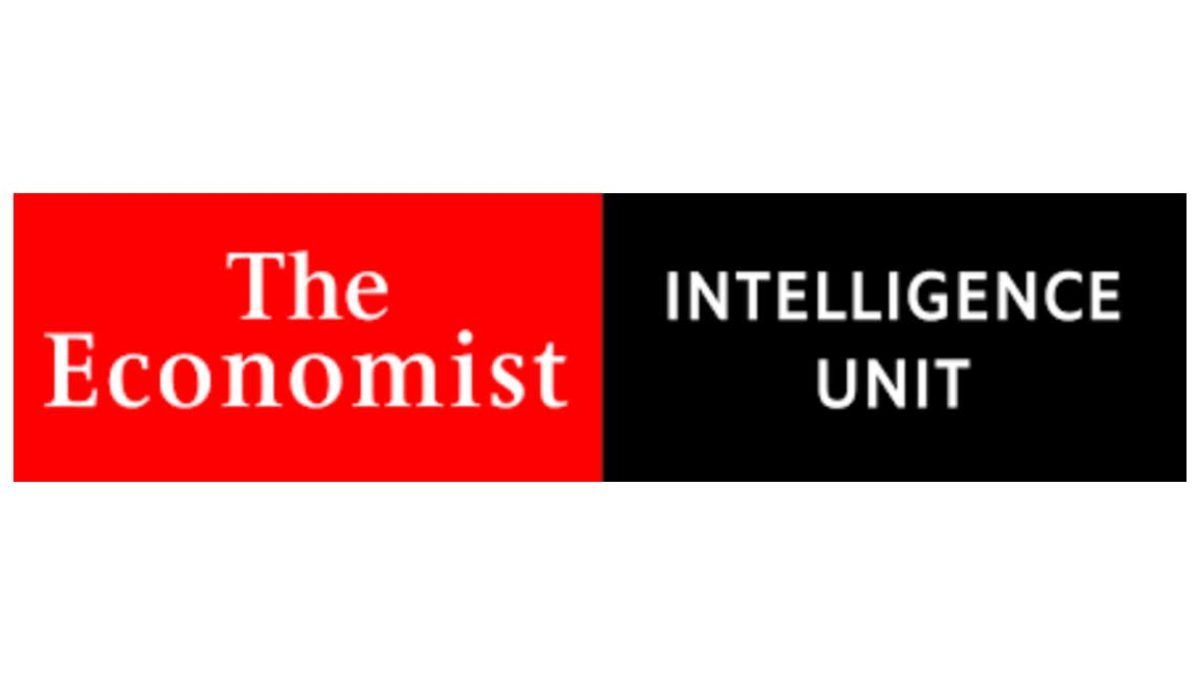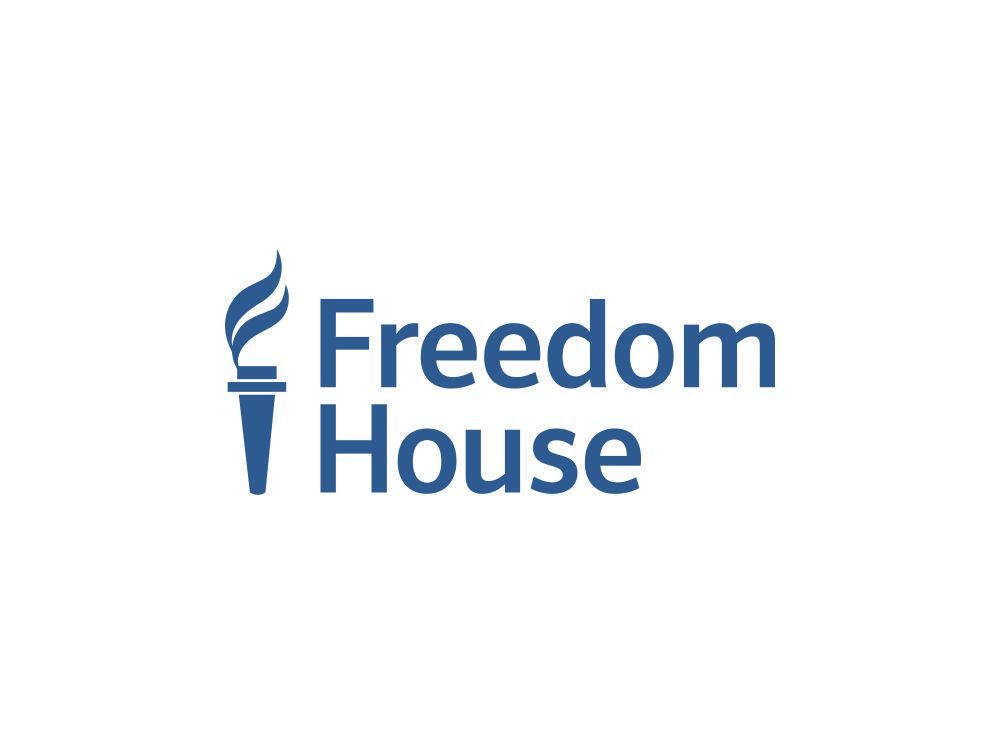Democracy data


Global State of Democracy Indices
The Global State of Democracy Indices depict democratic trends in 174 countries at the country, regional and global levels from 1975–2022, updated annually. The indices are divided into 4 top-level indices of democratic quality: Representation, Rights, Participation, and the Rule of Law, each of which is constructed from 17 second-level indices.
- Representation: Credible Elections, Elected Government, Effective Parliament, Free Political Parties, Inclusive Suffrage and Local Democracy
- Rights: Access to Justice, Basic Welfare, Civil Liberties and Political Equality
- Rule of Law: Absence of Corruption, Judicial Independence, Personal Integrity and Security, and Predictable Enforcement
- Participation: Civic Engagement, Civil Society and Electoral Participation
The Indices are used around the world to assess and compare the quality of democracy. Organisations concerned with democracy and development assistance use the indicators to identify priority countries and areas for policy interventions and benchmarks to assess impact. The data enable civil society organisations and media outlets to monitor the democratic performance of governments by comparing their government with other governments.
Democracy Tracker
The Democracy Tracker provides event-centric, monthly information on democracy and human rights developments in 173 countries. Event reports include a description of the event, indications of the specific aspects of democracy that have been impacted, the magnitude of the impact, links to original sources and keywords to enable further research. Past event reports are available as a searchable and downloadable archive.
- The Democracy Tracker is organized by country profile pages, each of which offers:
- A detailed, context-setting socio-political narrative;
- Basic background information on the country’s political system;
- An overview of the extent to which the country has ratified core human rights treaties;
- Our latest quantitative scores of democratic performance; and
- Monthly event reports signaling the specific aspects of democracy most impacted by particular events.


World Press Freedom
The World Press Freedom Index is a tool published annually by Reporters Without Borders (RSF). The index is important for advocacy based on the principle of emulation between states, and its findings are widely reported on and discussed by a variety of actors and democracy supporters across the globe.
The Index ranks 180 countries and regions according to the level of freedom available to journalists. It is a snapshot of the media freedom situation based on an evaluation of pluralism, independence of the media, quality of legislative framework and safety of journalists in each country and region. Data is also featured regarding the intensity of abuses and violence against media actors during the period under evaluation.


European Democracy Hub
The European Democracy Hub is a joint initiative by Carnegie Europe and the European Partnership for Democracy, which acts as a focal point for work on democracy. The platform brings together analysts and policymakers engaged with EU democracy support and democratic challenges in Europe. The page gathers leading resources and insights on democracy both in Europe and beyond.


Varieties of Democracy (V-Dem)
Varieties of Democracy (V-Dem) is a multidimensional and disaggregated dataset that provides a new approach to conceptualising and measuring democracy. The complexities of democracy past free and fair elections are captured through five high-level principles of democracy: electoral, liberal, participatory, deliberative, and egalitarian. V-Dem collects data to measure these principles with the work of six Principal Investigators, seventeen Project Managers with special responsibility for issue areas, 33 Regional Managers, 134 Country Coordinators, Research Assistants, and 3200 Country Experts. The collection is one of the largest social science databases on democracy, spanning over 28.4 million data points.


Economist Intelligence Unit (EIU) Democracy Index
The EIU Democracy Index provides a snapshot of the state of world democracy for 165 independent states and two territories, across the following five categories:
- Electoral process and pluralism
- Civil liberties
- The functioning of government
- Political participation
- Political culture
Based on the scores across 60 indicators within the five categories, each country or territory is classified as a full democracy, flawed democracy, hybrid regime or authoritarian regime.


Freedom House: Freedom in the World
Since 1973, Freedom House has assessed the condition of political rights and civil liberties around the world. The data is composed of numerical ratings and descriptive texts across 195 countries and 15 territories through a combination of on-the-ground research, consultations with local contacts, and information from news articles, nongovernmental organizations, governments, and a variety of other sources.
For each country and territory, Freedom in the World analyzes the electoral process, political pluralism and participation, the functioning of the government, freedom of expression and of belief, associational and organizational rights, the rule of law, and personal autonomy and individual rights. The data and report are used on a regular basis by a wide array of policymakers, journalists, academics, activists, and many others.

